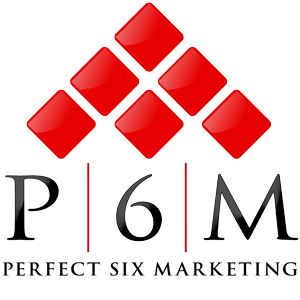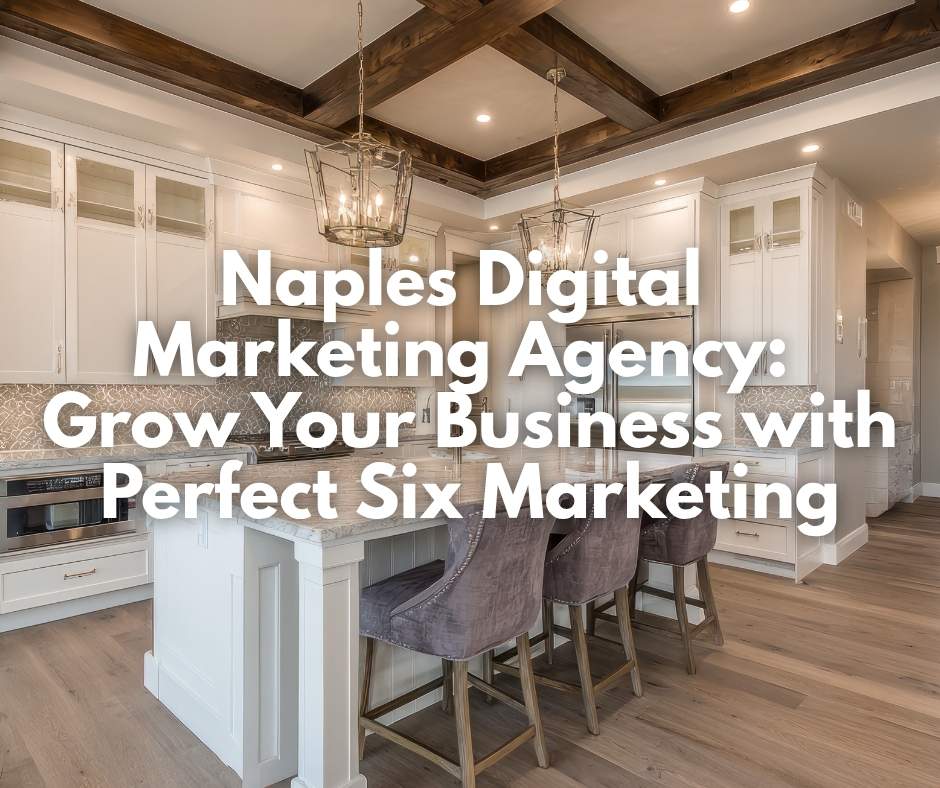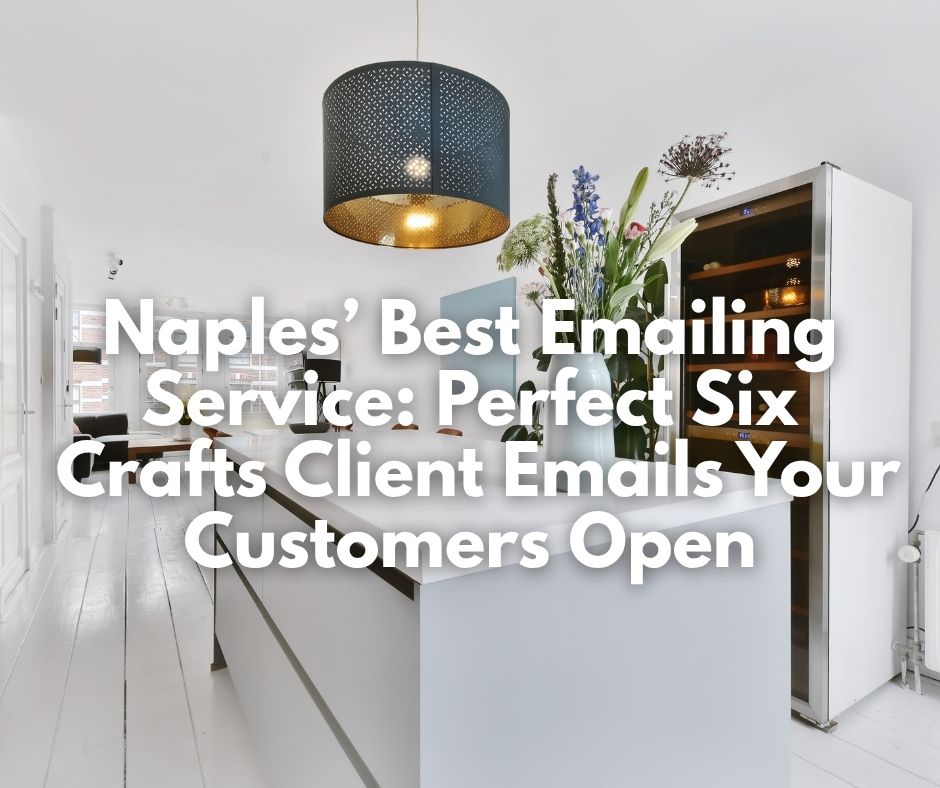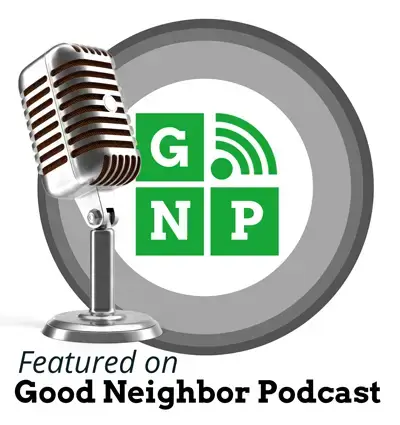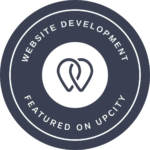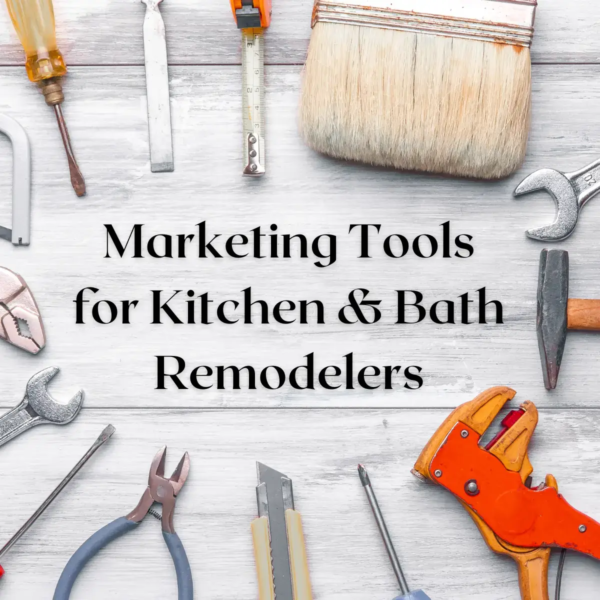
As a kitchen and bath remodeler, your toolkit should extend beyond hammers and nails to encompass marketing strategies that help grow your business. Exceptional craftsmanship is important, but pairing it with marketing tools tailored specifically for remodelers can make all the difference. This comprehensive guide will identify the best marketing tools for remodelers and explain how they can be used to connect with clients while setting yourself apart from the competition.

Understanding the Remodeling Market Landscape
The remodeling industry is experiencing a surge thanks to more and more homeowners choosing to transform their current house into their dream home rather than trying to navigate the purchase of a new one in a turbulent real estate market. This trend underscores the necessity for remodelers to adopt marketing strategies that not only highlight their services but also allow them to connect authentically with a clientele who wants to feel assured that they’re placing their home in the right hands.

Essential Marketing Tools for Remodelers
Here are our top kitchen and bath marketing tools for remodelers:
- Digital Marketing Platforms
- Social Media Advertising: Platforms like Facebook, Instagram, and Houzz have become indispensable for remodelers aiming to showcase their work and engage with potential clients. Consistent posting of project updates, client testimonials, and design tips can foster a community of followers. Utilizing targeted advertising features allows you to reach specific demographics, enhancing the efficiency of your marketing efforts.
- Email Marketing Services: Maintaining an email list enables direct communication with past and potential clients. Regular newsletters featuring project highlights, industry trends, and exclusive offers can keep your audience engaged. Tools like Mailchimp or Constant Contact can streamline the creation and distribution of these campaigns.
- Online Visibility with SEO Tools: A robust online presence begins with visibility on search engines. SEO tools assist in optimizing your website to rank higher in search results, making it easier for clients to find your services. Incorporating relevant keywords, improving site speed, and ensuring mobile compatibility are critical components of effective SEO strategies.
- Customer Relationship Management (CRM) Systems
Building and maintaining client relationships are central to sustained success. CRM systems help manage interactions, track project progress, and store client preferences, ensuring personalized service. Platforms like Salesforce or HubSpot offer features tailored to the needs of remodeling businesses, such as lead management and tracking, quotes and proposal generation, and project and task management. - Project Management Software
Efficient project management translates to timely completions and satisfied clients. Project management softwares such as Buildertrend and CoConstruct provide tools for scheduling, resource allocation, and team communication, streamlining operations, and enhancing productivity. - Online Review and Reputation Management
Positive customer reviews act as social proof, building trust with prospective clients. Encourage satisfied customers to share their experiences on platforms like Google and Houzz. Develop a strategy to respond promptly and professionally to reviews—both positive and negative. Highlight glowing testimonials on your website and social media channels, ensuring potential clients see the value of your services. - Print Advertising
Despite the dominance of digital marketing, print advertising retains its charm for remodelers targeting local audiences. A well-placed ad in a community magazine or local newspaper can attract homeowners who prefer traditional media. Consider showcasing standout projects through editorial submissions, as being featured in an article adds credibility and visibility. Timing is crucial—align your print campaigns with high-visibility periods, such as pre-spring renovation planning.

Leveraging Long-Tail Keywords in Marketing
- Understanding Long-Tail Keywords
Long-tail keywords are specific phrases that often mirror the exact queries potential clients type into search engines. Phrases like “custom kitchen remodeling services in [city]” or “bathroom renovation ideas for small spaces” tend to attract users with clear intent, making them invaluable for targeted traffic. - Finding Relevant Keywords
Use tools like Google Keyword Planner, SEMrush, or Ahrefs to discover high-volume, relevant long-tail keywords. Look for terms with moderate competition and a clear link to your services. For example, “affordable cabinet installation in [city]” might resonate with budget-conscious homeowners, while “luxury bathroom design ideas” caters to high-end clientele. - Incorporating Keywords Effectively
Keywords should flow naturally within your content. Focus on integrating them into:- Page titles and meta descriptions.
- Service pages that outline specific offerings.
- Blog posts addressing client pain points, such as “10 Common Kitchen Design Mistakes.”
- FAQ sections that directly answer common questions.
Balancing keyword usage with informative, engaging content ensures better rankings without sacrificing readability.

Analyzing and Adapting Your Use of Marketing Tools for Remodelers
Balancing keyword usage with informative, engaging content ensures better rankings without sacrificing readability.
1. Tracking Performance Metrics
Evaluate the success of your efforts by monitoring:
-
- Website traffic using Google Analytics.
- Social media engagement, including likes, shares, and comments.
- Conversion rates from lead forms or online consultations.
Understanding what works helps refine your strategies for greater impact.
2. A/B Testing Campaign
An A/B testing campaign is a method of comparing two versions of a marketing element—such as an email, ad, or webpage—to determine which performs better. By showing each version to a segment of the audience and analyzing the results, remodeling businesses can make data-driven decisions to optimize their marketing strategies. Experiment with different marketing elements, such as:
-
- Headlines or CTAs in email campaigns.
- Images or color schemes in ads.
- The tone of social media posts (formal vs. conversational).
A/B testing reveals what resonates most with your audience, allowing you to adapt your marketing strategy to better connect with them.
3. Adapting Based on Feedback
Collect input from clients through surveys or casual conversations. Use this feedback to adjust services, refine marketing messaging, or address recurring concerns. Adaptability ensures your strategies remain relevant in a changing market.

Conclusion: Marketing Tools for Remodelers Help Increase Reach and Grow Business
Marketing tools for remodelers are essential for expanding your reach, building meaningful connections with customers, and driving business growth. By leveraging the right tools and strategies, you can showcase your expertise, attract new clients, and stay competitive in a thriving industry. With a thoughtful approach and consistent effort, these tools can transform your remodeling business into a trusted and well-known name in the market.

Perfect 6 Marketing—Experts in Marketing Tools for Remodelers
Denise Grothouse, founder of Perfect 6 Marketing (P6M), specializes in advertising, marketing, and branding in the kitchen and bath industry. Schedule a consultation today to learn how she and her team can build a custom strategy for your business using a range of marketing tools for remodelers. Let’s work together!
Further Reading
- “Effective Kitchen Marketing Strategies for Remodelers”
- “Top Bath & Kitchen Marketing Trends for 2025”
- “The Best Kitchen and Bath Industry Social Media Directory”
FAQ: Marketing Tools for Remodelers
1. What are the best digital marketing tools for remodelers to attract clients?
Platforms like Houzz, Facebook, and Instagram are excellent digital marketing tools for remodelers to showcase completed projects and engage with potential clients. Additionally, tools like Google Ads and email marketing services such as Mailchimp can help target and retain leads effectively.
2. How can remodelers use social media platforms effectively for marketing?
Social media platforms can be used to share inspiring project images, customer testimonials, and helpful tips. Regular posting and the use of targeted advertising allow remodelers to reach the right audience and boost engagement.
3. Which project management tools are ideal for remodelers to streamline operations?
Tools like Buildertrend, CoConstruct, and Trello are popular choices for managing remodeling projects. They help organize schedules, budgets, and client communication, ensuring smoother workflows and better collaboration.
4. What role does SEO play in marketing for remodelers, and how can it be optimized?
SEO improves a remodeler’s online visibility by helping their website rank higher in search results. Using relevant keywords in service pages, blog posts, and meta descriptions can attract more organic traffic and generate quality leads.
5. How can remodelers encourage satisfied clients to leave online reviews?
Remodelers can encourage reviews by making the process easy, such as sending follow-up emails with direct links to review platforms like Google. Offering small incentives or simply thanking clients for their feedback can also motivate them to share their experiences.
